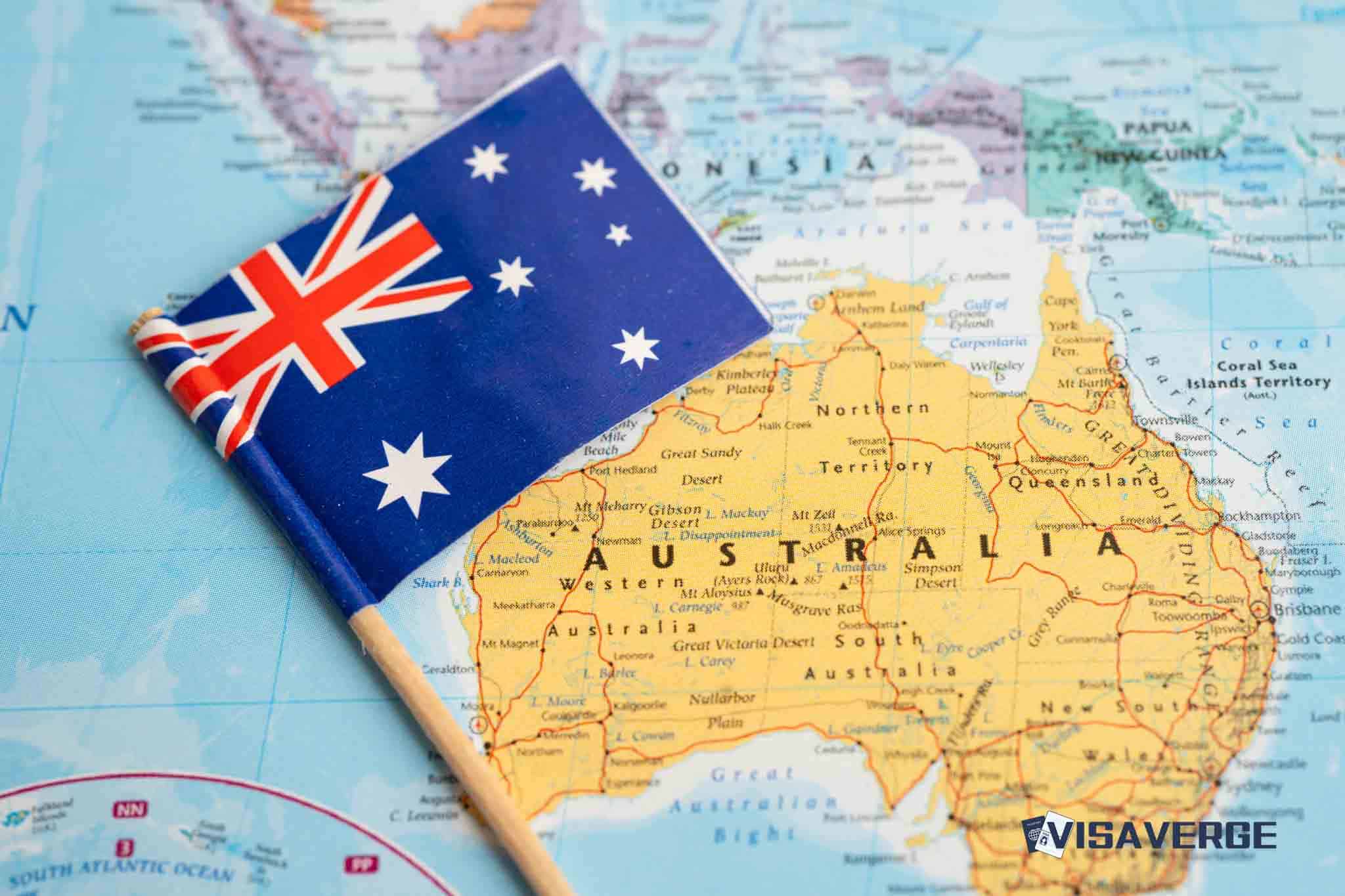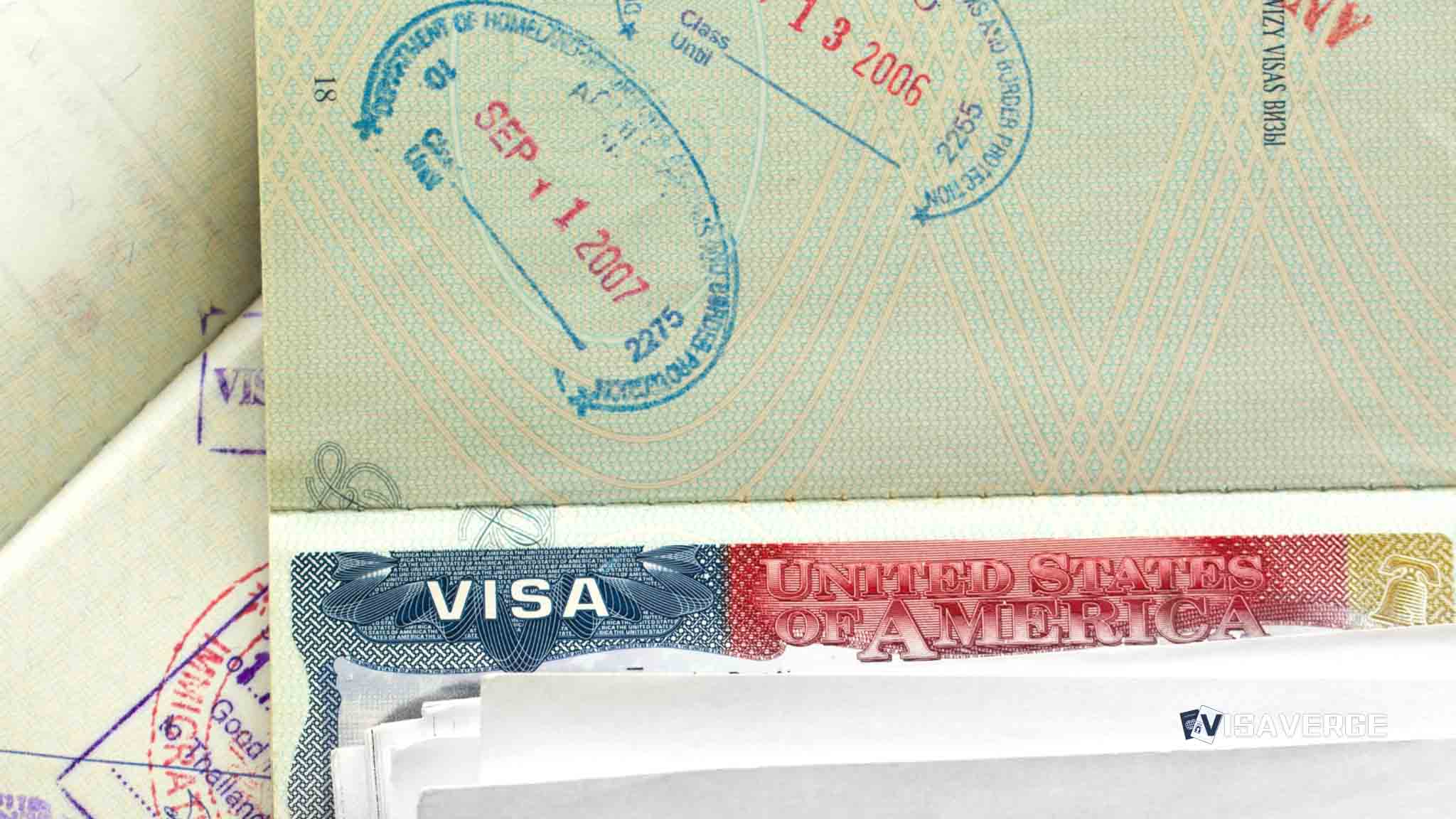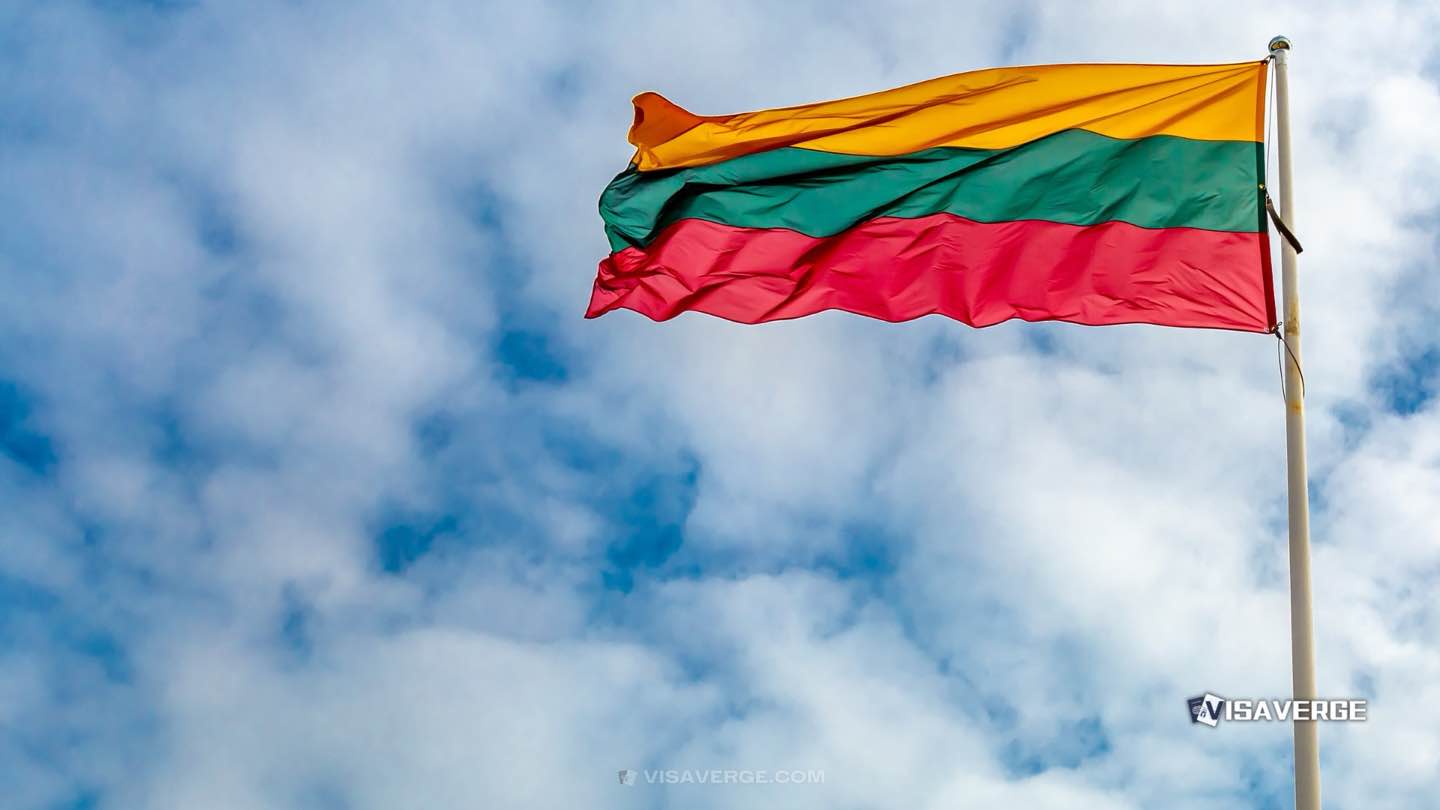Key Takeaways
• Trump signed an order in February 2025 admitting 59 white Afrikaner farmers as refugees in the US.
• Australia denies any special influx or policy for white South African migrants, citing no evidence.
• Experts and South African officials reject claims of ‘white genocide’ and ethnic targeting in violence.
On May 12, 2025, former President Donald Trump once again drew international attention by claiming that Australia 🇦🇺 is being “inundated” by white South Africans fleeing what he described as “genocide.” Trump’s remarks, made while defending his administration’s recent decision to admit 59 white Afrikaner farmers as refugees to the United States 🇺🇸, have reignited a long-running and controversial debate. The South African government, security experts, and Australian authorities have all strongly rejected these claims, pointing to a lack of evidence and warning that such narratives misrepresent both migration trends and the realities facing South Africa’s white minority.
This article examines the facts behind Trump’s statements, the actual migration policies of Australia and the United States, and the broader context of violence and immigration in South Africa. It also explores the political motivations and real-world impacts of these claims, providing clear, accessible information for readers seeking to understand what is really happening.

Trump’s Claims and the Latest Policy Moves
Who is involved?
Donald Trump, former U.S. President and current political figure, has repeatedly claimed that white South Africans—especially Afrikaner farmers—are victims of targeted violence and land confiscation. He argues that this has led to a wave of refugees seeking safety in countries like Australia and the United States.
What happened?
On February 7, 2025, Trump signed an executive order creating a special, expedited path for white Afrikaner farmers to apply for refugee status in the U.S. This order reversed his earlier suspension of all refugee admissions and was justified by Trump as a humanitarian response to alleged “genocide” in South Africa.
When and where?
The executive order was signed in Washington, D.C., and the first group of 59 white Afrikaner farmers arrived in the United States in early May 2025. Trump’s latest public comments were made on May 12, 2025.
Why does it matter?
Trump’s statements have sparked debate about the accuracy of the “white genocide” narrative, the fairness of selective refugee policies, and the real patterns of South African migration to countries like Australia.
How have others responded?
The South African government has condemned Trump’s claims as false and politically motivated. Australian officials have found no evidence of a surge in white South African immigration or any policy changes to support such a trend.
The Facts: Are White South Africans Fleeing Genocide?
What Do the Numbers Show?
- White South Africans in South Africa: There are about 2.7 million white South Africans, most of whom are Afrikaners of Dutch and French descent.
- Annual Murders in South Africa: The country faces high levels of violent crime, with over 27,000 murders reported each year. However, murders of white farmers make up less than 1% of this total.
- Recent U.S. Refugee Admissions: Only 59 white Afrikaner farmers have been admitted to the U.S. under the new executive order.
- Australian Migration Data: There is no official data or credible report showing a significant increase in white South African migration to Australia in recent years.
What Do the Experts Say?
Gareth Newham of the Institute for Security Studies in South Africa states, “The idea of a ‘white genocide’ taking place in South Africa is completely false.” Independent crime data and research organizations agree that while farm murders are a serious concern, they are not ethnically targeted and affect all communities.
PolitiFact and PBS have both reviewed Trump’s claims and found them misleading. There is no evidence of genocide, and land confiscation is not happening on the scale or in the way described by Trump and some of his supporters.
What Does the South African Government Say?
The South African government has strongly rejected the “white genocide” narrative. Officials point out that white South Africans remain among the most economically privileged groups in the country. They argue that U.S. refugee policy is being used selectively and for political purposes, rather than as a response to genuine humanitarian need.
Australia’s Position: No Evidence of “Inundation”
What Are the Facts on Migration to Australia?
Despite Trump’s claims, there is no evidence that Australia is experiencing a surge of white South African refugees. The Australian Department of Home Affairs, which oversees immigration policy, has not announced any special or expedited process for white South Africans. Migration statistics do not show a significant increase in arrivals from South Africa.
Key points:
– No new policies: Australia has not created any special visa or refugee program for white South Africans.
– Standard procedures: White South Africans must apply through the same skilled migration or humanitarian visa processes as other applicants.
– No official statements: Australian authorities have not supported the claim that the country is being “inundated” by white South Africans.
For official information on Australian immigration policy, readers can visit the Australian Department of Home Affairs.
What Does This Mean for White South Africans?
For those considering migration to Australia, the process remains unchanged:
– Applicants must meet the requirements for skilled migration, family reunion, or humanitarian visas.
– There is no fast-track or special program for white South Africans.
– Claims of “inundation” are not supported by migration data or government policy.
The U.S. Executive Order: What Has Changed?
How Does the New Policy Work?
Trump’s executive order, signed on February 7, 2025, created a narrow, expedited path for white Afrikaner farmers to seek refugee status in the United States. Here’s how the process works:
- Applicants must show credible fear or evidence of persecution. This means they need to provide documentation or testimony that they are at risk because of their identity or situation.
- Applications are reviewed under the expedited process outlined in the executive order. This speeds up the normal refugee screening process for this specific group.
- Successful applicants are granted refugee status and allowed to resettle in the United States.
For more details on U.S. refugee policy and application procedures, visit the U.S. State Department’s Refugee Admissions page.
Who Benefits from This Policy?
- White Afrikaner farmers: The policy is limited to a small number of applicants who can demonstrate credible fear.
- No broad shift: The executive order does not represent a mass resettlement or a major change in U.S. refugee policy. Only 59 individuals have been admitted so far.
How Has This Been Received?
The move has been criticized as inconsistent, especially since the broader U.S. refugee program remains restricted for many other groups. Critics argue that focusing on a relatively privileged group, while limiting admissions from regions facing severe humanitarian crises, raises questions about fairness and political motivation.
The Broader Context: Violence and Migration in South Africa
What Is the Reality of Crime in South Africa?
South Africa has one of the highest rates of violent crime in the world. Farm attacks and murders are a real problem, but they are not limited to white farmers or motivated by ethnicity. Most victims of violent crime in South Africa are Black South Africans, who make up the majority of the population.
Key facts:
– Farm murders: Less than 1% of all murders in South Africa involve white farmers.
– Economic status: White South Africans, including Afrikaners, remain among the country’s wealthiest citizens.
– No evidence of genocide: Independent research and crime data show no pattern of ethnic targeting or systematic violence against white South Africans.
How Did the “White Genocide” Narrative Start?
The idea that white South Africans are facing genocide has circulated in far-right and conspiracy circles since at least 2018. It has been amplified by political figures, commentators, and even high-profile individuals like Elon Musk, though no credible evidence supports the claim.
South Africa’s history of apartheid, which ended in the early 1990s, left deep racial divisions. However, since the end of apartheid, white South Africans have continued to enjoy significant economic advantages compared to the majority Black population.
Multiple Perspectives: Stakeholders Respond
Trump Administration
The Trump administration frames its policy as a humanitarian response to alleged persecution. Officials argue that white Afrikaner farmers face unique risks and deserve protection.
South African Government
South African officials reject the genocide narrative and criticize the U.S. policy as selective and politically motivated. They point out that the majority of South Africa’s violent crime affects Black citizens and that white South Africans are not being systematically targeted.
Security Experts
Experts from organizations like the Institute for Security Studies stress that farm murders, while tragic, are not ethnically motivated. They warn that spreading false narratives can inflame tensions and distract from the real challenges facing South Africa.
Australian Authorities
Australian officials have made no public statements supporting the claim of an influx of white South Africans. Migration data does not show any significant change, and no special policies have been introduced.
Real-World Impacts: What Does This Mean for Immigrants?
For White South Africans
- United States: A small number of white Afrikaner farmers now have access to an expedited refugee process, but this is not a broad policy shift. Most white South Africans do not qualify for refugee status and must use standard immigration channels.
- Australia: No special programs exist. White South Africans must meet the same requirements as other skilled or family migrants.
For Other Refugees
The selective focus on white South Africans has raised concerns about fairness and consistency in refugee policy. Many groups facing severe persecution or violence continue to face barriers to resettlement in the U.S. and Australia.
For Policy and Public Debate
The spread of misleading claims about “white genocide” and mass migration can fuel political tensions and distract from real issues. According to analysis by VisaVerge.com, such narratives often have more to do with domestic politics than with actual migration trends or humanitarian needs.
What Happens Next? Future Developments
U.S.-South Africa Relations
South African President Cyril Ramaphosa is scheduled to visit the White House on May 21, 2025. The refugee policy and the broader narrative of “white genocide” are expected to be key topics of discussion.
Policy Reviews
There is no indication that the U.S. will expand its refugee program for white South Africans. Australia is not expected to change its immigration policy in response to these claims.
Continued Misinformation
Experts warn that the “white genocide” narrative is likely to persist in some political and media circles, despite a lack of supporting evidence. Readers are encouraged to rely on official sources and independent research when seeking information about migration and violence in South Africa.
Practical Guidance for Readers
- If you are a white South African considering migration:
- For the U.S., check the U.S. State Department’s Refugee Admissions page for up-to-date information on eligibility and application procedures.
- For Australia, visit the Australian Department of Home Affairs to review visa options and requirements.
- For all migrants:
- Be wary of sensational claims in the media. Always check official government sources for accurate information.
- Understand that special or expedited immigration programs are rare and usually apply to very specific circumstances.
Conclusion: Separating Fact from Fiction
There is no credible evidence to support Donald Trump’s claim that Australia is being “inundated” by white South Africans fleeing “genocide.” The narrative of “white genocide” in South Africa is widely discredited by independent experts, crime data, and the South African government. Recent U.S. policy changes have allowed a small number of white Afrikaner farmers to resettle as refugees, but this is not indicative of a broader trend or mass migration. No similar policy exists in Australia, and migration statistics do not show a significant influx.
As the debate continues, it is important for readers, policymakers, and migrants to rely on facts, official data, and balanced reporting. For those seeking to move to Australia or the United States, the standard immigration processes remain in place, and claims of special treatment or mass migration are not supported by evidence.
For more information on migration policies and procedures, consult the Australian Department of Home Affairs or the U.S. State Department.
References:
[1] Source material provided; Institute for Security Studies (South Africa); Australian Department of Home Affairs; U.S. State Department; PolitiFact; PBS; VisaVerge.com
Learn Today
Executive Order → A directive from the U.S. President that manages operations of the federal government.
Refugee Status → Legal recognition allowing a person to live in a country due to persecution fears.
Afrikaner → South Africans mainly of Dutch and French descent, speaking Afrikaans, forming the white minority.
Genocide → Deliberate killing of a large group based on ethnicity or nationality, unproven here.
Migration Policy → Government rules regulating how people move to and from a country.
This Article in a Nutshell
In 2025, Trump allowed 59 Afrikaner farmers refuge in the US amid disputed claims of white South Africans fleeing violence. Australia sees no surge in arrivals or policy changes. Experts reject ‘‘white genocide’’ narratives, emphasizing facts and data over politicized migration debates linked to South Africa’s complex realities.
— By VisaVerge.com
Read more:
• Disputed flight of immigrants to South Sudan raises key questions
• Trump Administration Rushes White South African Refugees
• Trump Administration Defies Court Order on South Sudan Flight
• Avelo Airlines adds Portland-Southern Connecticut nonstop flights
• South Carolina strengthens voter citizenship checks, says Election Commission













